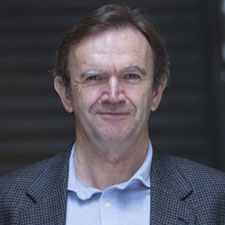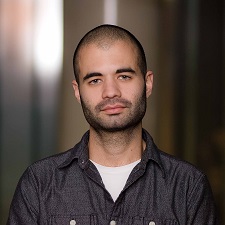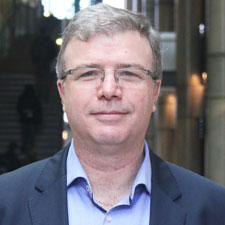
PhD, P.Eng., FCSME
Professor, Mechanical Engineering
Chief Research Officer and Associate Academic Director of Mitacs
Email: rbenmrad@mie.utoronto.ca
Tel: 416-946-0689
Office: MC224
Research Group: Mechatronics and Microsystems Design (MMDL)
Research Area
Robotics
Research Interests
Mechatronics; precision design; smart materials; piezoceramics; thin film piezoelectrics; nonlinear and real-time control; microelectromechanical systems (MEMS) and microfluidics.
Bio
R. Ben Mrad, P.Eng., FCSME, is a Professor in the Department of Mechanical & Industrial Engineering, University of Toronto. He joined the University in 1997, having previously held research positions at the National Research Council of Canada in Vancouver, BC, and the Ford Research Laboratory in Dearborn, Michigan. He received a PhD in Mechanical Engineering from the University of Michigan, Ann Arbor in 1994.
Professor Ben Mrad’s research interests are Mechatronics and Micro Electro Mechanical Systems (MEMS) with a special focus on the design of pieozceramic actuators and sensors, microactuators and microfluidic systems, MEMS fabrication, thin film pieozoelectrics and development of smart materials based devices. His research led to a number of patents and inventions including 9 US patents/patent applications. He has supervised the research of over 55 graduate students and researchers, received the Faculty Early Career Teaching Award in 2002, and the Connaught Innovation Award in 2013 and 2015.
He serves on the NSERC Mechanical Engineering Grants Committee (2008-2011), chairs the IEEE Industrial Electronics Committee on MEMS and Nanotechnology, and serves on the Executive Board of the CanSmart Group. He is currently a Technical Editor of the IEEE/ASME Transactions on Mechatronics, Editor of IE Tech News, and serves on the Steering Committee of the IEEE/ASME JMEMS. He was also a Guest Editor of the IEEE Transactions on Industrial Electronics. He also served as a founding Director of the Institute for Robotics and Mechatronics at the University of Toronto (2009-11).
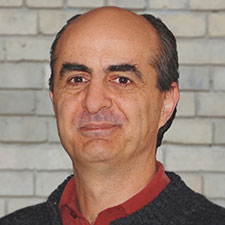
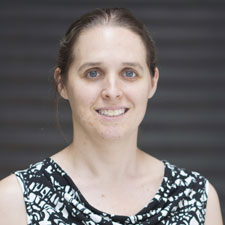
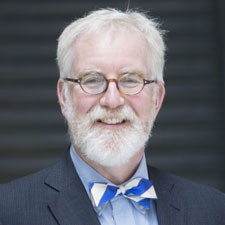
 MASc
MASc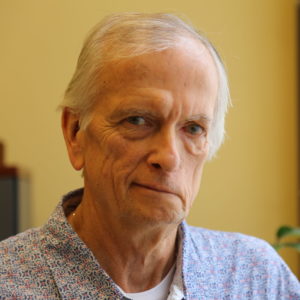
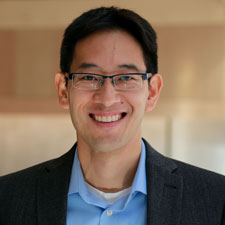
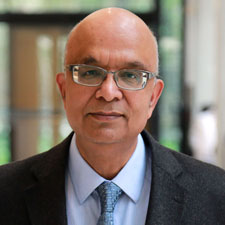 PhD, P.Eng., FAAAS, FCAE, FASME, FCSME
PhD, P.Eng., FAAAS, FCAE, FASME, FCSME